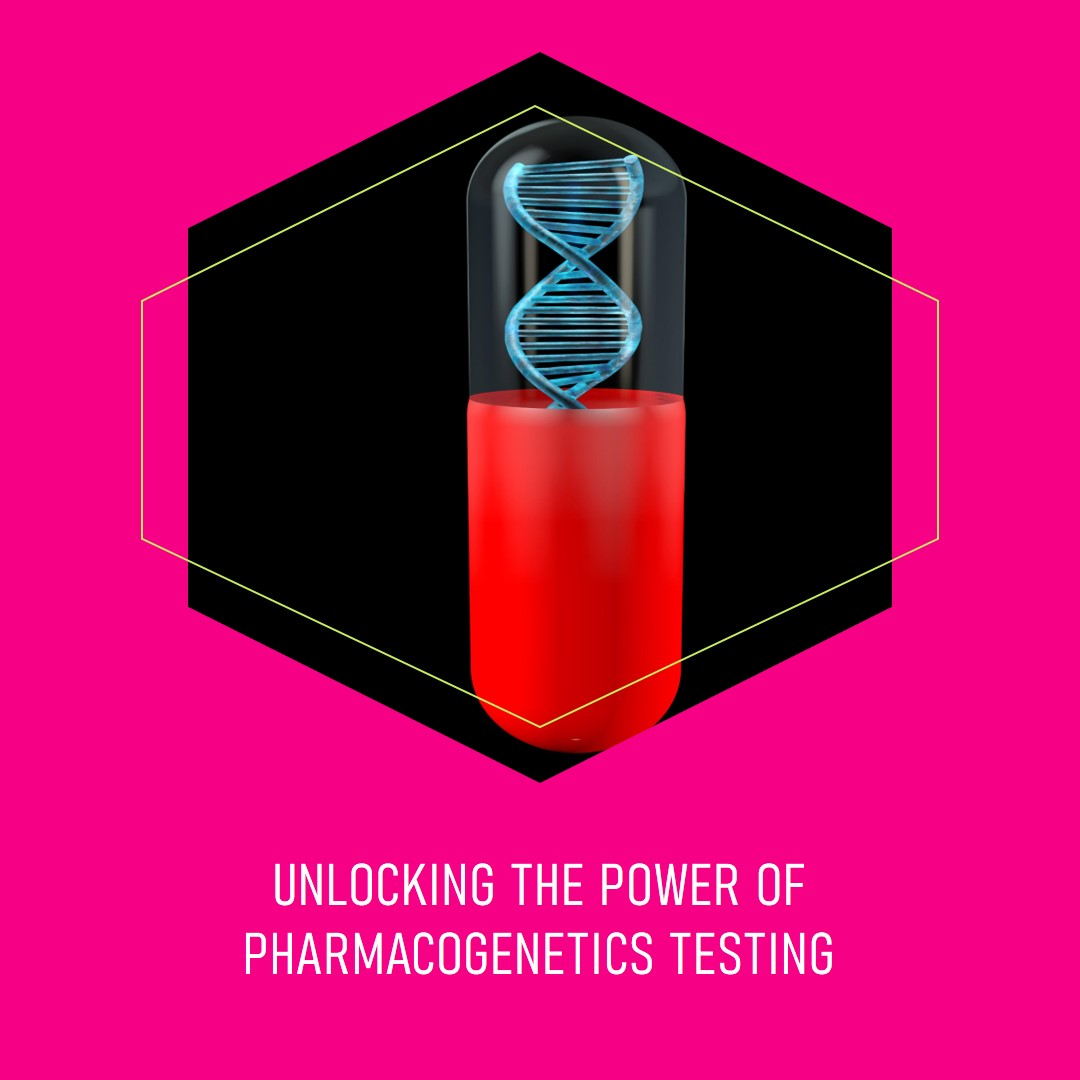Ulcerative colitis (UC) and rheumatoid arthritis (RA) are two distinct chronic conditions, but they share more connections than you might expect. Both are autoimmune diseases, meaning they arise from the body’s immune system mistakenly attacking its own tissues. While ulcerative colitis primarily affects the digestive system, and rheumatoid arthritis targets the joints, research suggests a complex relationship between the two. Individuals with UC may have a higher risk of developing RA, and understanding this connection is crucial for managing both conditions effectively.
Table of Contents
ToggleThe Jaksure 5 medication is a disease-modifying anti-rheumatic drug, DMARD. This is effectively used for treating some of the inflammatory diseases like rheumatoid arthritis. And polyarticular juvenile idiopathic arthritis, ulcerative colitis, psoriatic arthritis, and others.
Understanding Ulcerative Colitis and Rheumatoid Arthritis
What Is Ulcerative Colitis?
Ulcerative colitis is a type of inflammatory bowel disease (IBD) that causes chronic inflammation and ulcers in the lining of the colon and rectum. Symptoms often include:
- Abdominal pain
- Diarrhea (often with blood or mucus)
- Fatigue
- Unintended weight loss
What Is Rheumatoid Arthritis?
Rheumatoid arthritis is an autoimmune disorder that leads to inflammation in the joints, causing pain, swelling, and stiffness. Over time, it can result in joint damage and deformities. Common symptoms include:
- Joint pain and swelling (especially in the hands, wrists, and knees)
- Morning stiffness
- Fatigue
- Reduced range of motion
The Link Between Ulcerative Colitis and Rheumatoid Arthritis
Shared Immune System Dysregulation
The primary connection between ulcerative colitis and rheumatoid arthritis lies in the immune system. In both conditions, the immune system mistakenly attacks healthy tissues, leading to inflammation. People with UC are more prone to developing other autoimmune diseases, including RA, due to this underlying immune system dysfunction.
Inflammation and Systemic Effects
Although UC mainly affects the digestive tract, the inflammation associated with it can extend beyond the gut. This is referred to as an extraintestinal manifestation of IBD. Joint-related issues, including arthritis, are one of the most common extraintestinal symptoms in individuals with UC.
Types of Arthritis Linked to UC:
- Peripheral Arthritis: Affects large joints like knees, ankles, elbows, and wrists. It often flares up during UC flare-ups and subsides when the digestive symptoms improve.
- Axial Arthritis (Spondyloarthritis): Affects the spine and lower back, causing stiffness and pain. It may progress independently of UC flare-ups.
While these joint issues are not identical to rheumatoid arthritis, their presence highlights the inflammatory link between the gut and the joints.
Does Ulcerative Colitis Directly Cause Rheumatoid Arthritis?
Ulcerative colitis does not directly cause rheumatoid arthritis, but having UC increases the likelihood of developing RA or other autoimmune conditions. Studies suggest that individuals with IBD are at a higher risk of developing RA compared to the general population. This is likely due to:
- Genetic predisposition
- Chronic systemic inflammation
- Environmental factors, such as smoking and diet
Key Differences Between UC-Related Arthritis and RA
While both conditions involve joint inflammation, there are notable differences:
- Peripheral Arthritis (UC): Joint symptoms often parallel UC flare-ups and usually do not lead to permanent joint damage.
- Rheumatoid Arthritis: Joint symptoms are persistent and progressive, often causing long-term joint damage if left untreated.
Managing Ulcerative Colitis and Rheumatoid Arthritis
Anti-inflammatory and Immunosuppressive Treatments
Because both UC and RA involve inflammation, some treatments overlap, including:
- Nonsteroidal Anti-inflammatory Drugs (NSAIDs): Effective for joint pain but may worsen UC symptoms, so caution is needed.
- Corticosteroids: Help reduce inflammation during flare-ups but are not suitable for long-term use.
- Disease-Modifying Antirheumatic Drugs (DMARDs): Such as methotrexate, used in RA but sometimes considered in UC for joint symptoms.
- Biologic Therapies: Target specific immune system proteins involved in inflammation (e.g., TNF inhibitors like infliximab). These are often effective in treating both UC and RA.
Lifestyle Modifications
- Diet: Anti-inflammatory diets rich in fruits, vegetables, omega-3 fatty acids, and whole grains can reduce inflammation and improve overall health.
- Exercise: Low-impact exercises like swimming, yoga, and walking can improve joint flexibility and reduce stiffness.
- Stress Management: Stress can exacerbate both UC and RA symptoms, making mindfulness techniques, meditation, and relaxation exercises valuable tools.
When to See a Doctor
If you have ulcerative colitis and begin experiencing persistent joint pain, swelling, or stiffness, it’s important to consult a healthcare provider. Early intervention can help prevent joint damage and improve your quality of life. A rheumatologist may work alongside your gastroenterologist to develop a comprehensive treatment plan.
Final Thoughts
While ulcerative colitis does not directly cause rheumatoid arthritis, individuals with UC are at an increased risk of developing RA and other autoimmune conditions. The common thread is inflammation and immune system dysfunction. By recognizing the signs early and adopting a holistic approach to treatment, it’s possible to manage both conditions effectively and maintain a good quality of life.




